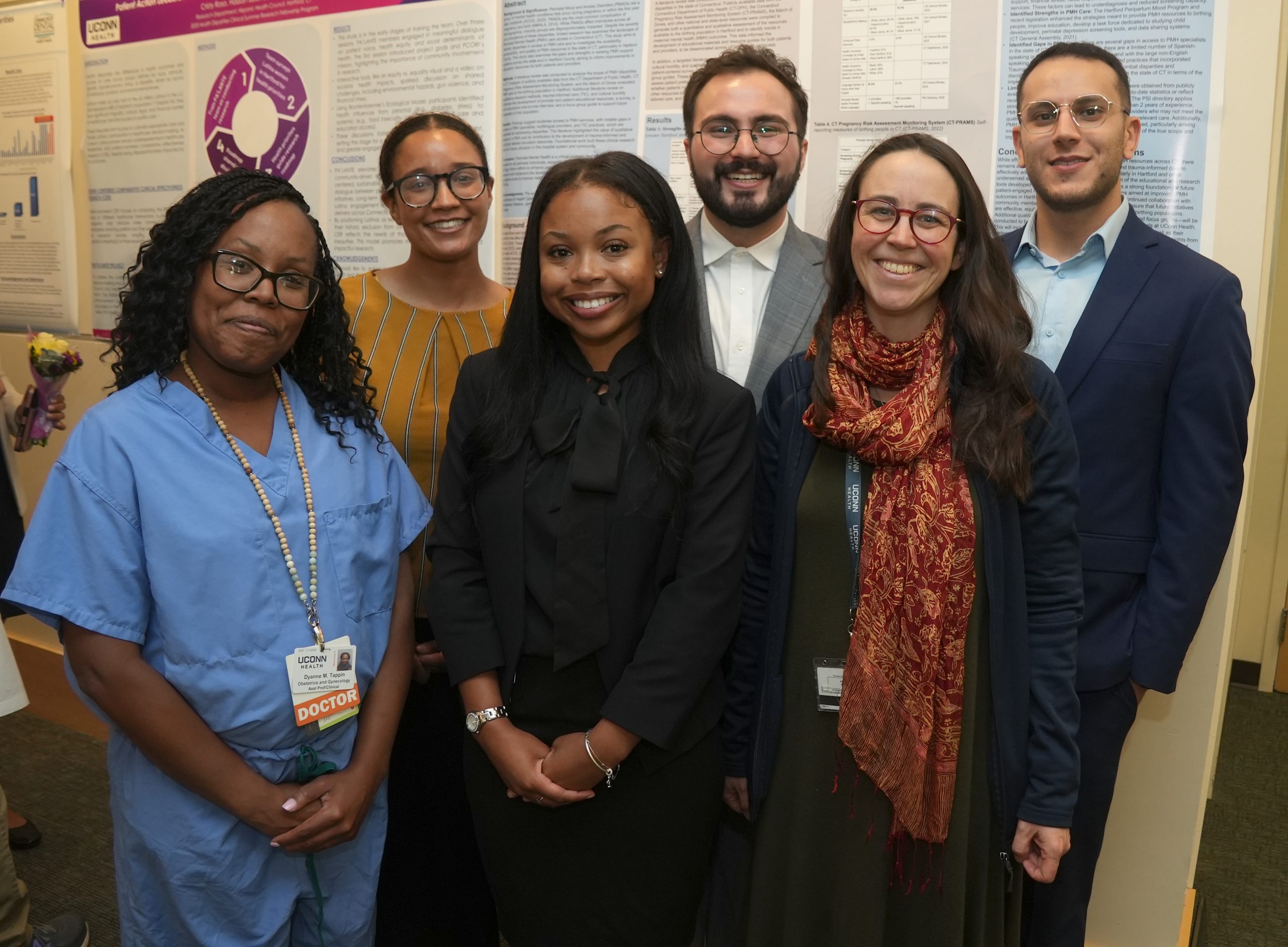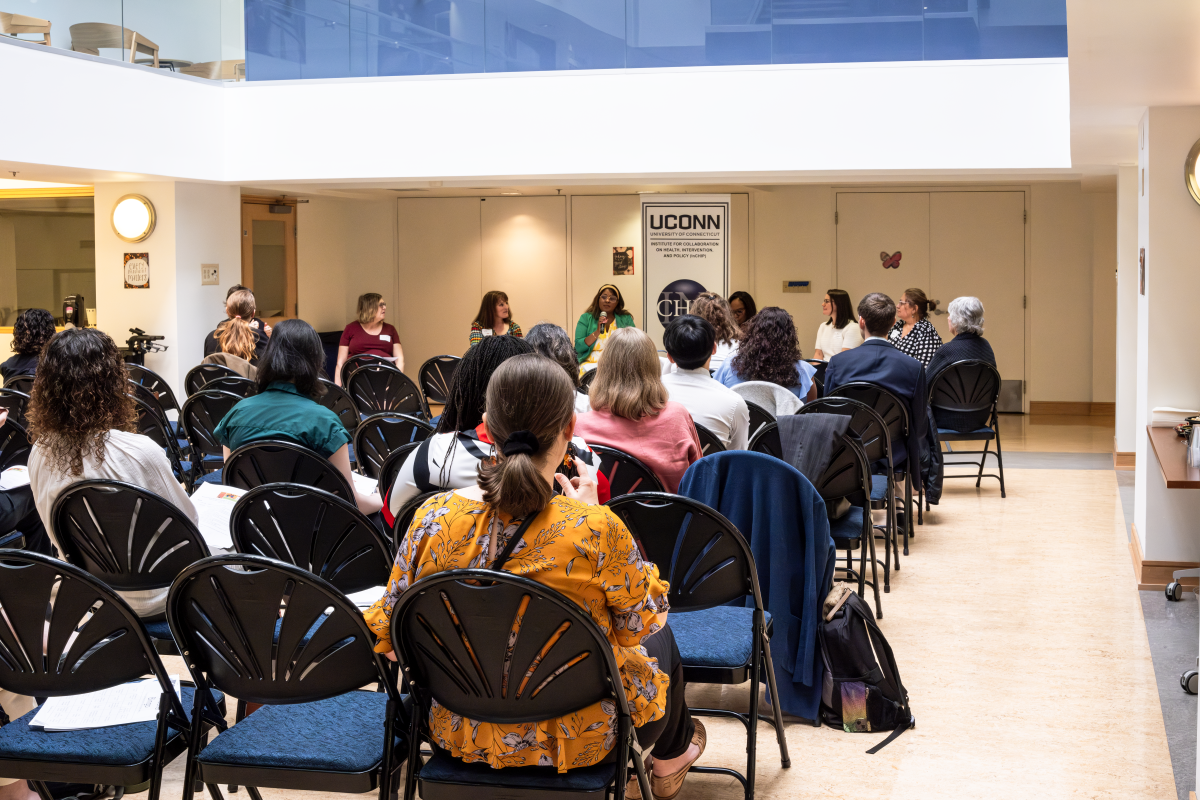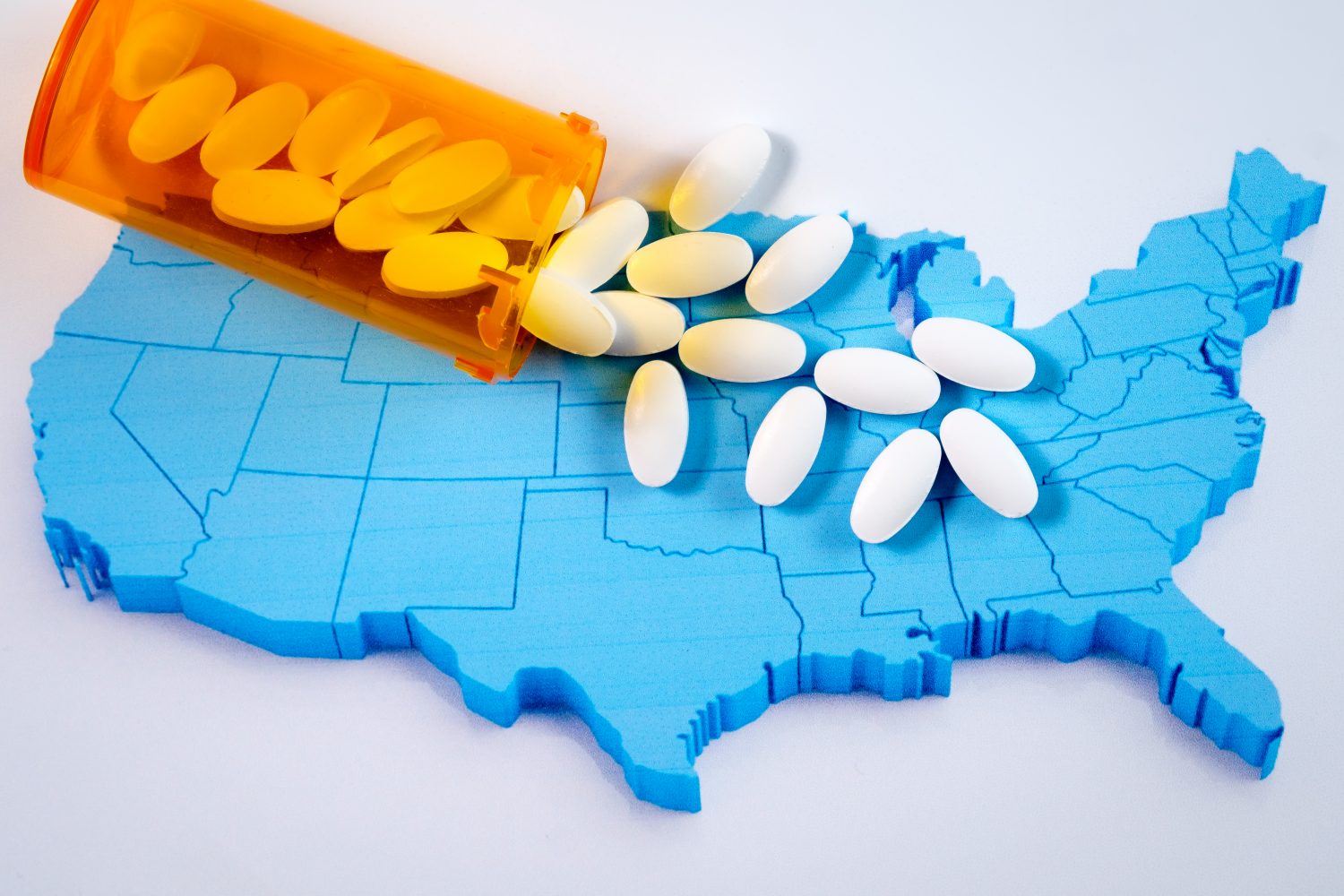By visiting community gathering places such as churches and schools, UConn Health has made inroads into the ability of providers to connect medically underserved women to services to identify breast cancer early.
Since it launched in 2015, the community breast navigation program has reached hundreds of local women in an effort to reduce the late-stage diagnosis and mortality rates. Breast cancer is the most commonly occurring cancer in women and the second most common cancer overall.
The impact has been astounding: In the past two years alone, UConn Health has worked with more than 1,200 Connecticut women and, of those women, more than 300 were screened for breast cancer.
“As a state health center, our job is to reach everyone, especially those who can’t afford or understand the intricacies of the healthcare system,” says Susan Tannenbaum, chief of the Division of Hematology and Oncology at UConn Health’s Carole and Ray Neag Comprehensive Cancer, which launched the program.
As a state health center, our job is to reach everyone. — Susan Tannenbaum
Yajaira Vega, a former community breast navigator and health specialist, was instrumental in that effort, providing information to women – in both English and Spanish – and encouraging them to pursue breast cancer screenings. Navigating the healthcare system sometimes begins with securing the basic need of transportation to the medical center, she says.
As coordination of care with providers and breast nurse navigators at external facilities expanded, the Connecticut Department of Public Health partnered with the UConn Health’s breast program to fund additional services for this population.
Through this partnership, patients were able to secure free cervical cancer screenings. Women at risk of cardiovascular disease and cancer survivors were also directed to lifestyle modification programs.
“Very early on, Yajaira realized that being bilingual was integral to her role as a community specialist,” comments Wanita Thorpe, administrative director for the Carole and Ray Neag Cancer Center. “The women she encountered felt comfortable, and she took pride in being their voice to help them navigate through the healthcare system.”
Vega recently left her role to enroll in nursing school but the program will continue. Before departing, Vega described her work to UConn Today.
Q: How was your initial outreach? What organization was it, and how did you make the connection?
A: My initial outreach began through a connection with Dr. Tannenbaum, who suggested the Unitarian Universalist Church of West Hartford. We reached out to the church, and I soon became involved in the community breakfast held every other Monday. At the community breakfast, underserved men and women enjoyed a free breakfast and received food from the mobile food share truck, also at no cost. While at the breakfast, I connected with individuals and provided information on services offered at UConn Health, including how to reduce their risk of breast cancer. In addition, I offered information on no-cost screening offered at UConn Health for those patients who did not have insurance. Since my connection with the Unitarian Universalist Church of West Hartford, we also collaborated with Community Health Services of Hartford, First Choice Health Center, Adult Education of West Hartford and many more.
Q: How do people react to your outreach on breast cancer screenings?
A: Many women are happy to see someone reaching out to the underserved community to help them navigate through the healthcare system. Since it can be very confusing, the community is not aware of the resources available to them. Several of these women were afraid to have a mammogram or simply had no means of transportation. I helped to provide them with resources near their community and reduced any barriers to care they may have had, such as providing gas cards and bus passes. In educating them about their risk and the importance of receiving screening, it helped to minimize the fear of being screened.
Q: What has been your favorite part of this role?
A: My favorite part of working as a community health specialist has been my increased involvement in the community. Meeting people where they are in the community really changes their health and the navigation outcomes. It brings me joy knowing that I have proactively helped to reduce the mortality rate of underserved women in Hartford County.
Q: If someone was considering this field as a career path, what would you share?
A: Being a community health specialist involves being a patient advocate. You reduce barriers to care by providing the necessary resources, education and navigation for the underserved community. Being a community health specialist is all about reaching the unreachable. You play an important role in the patient’s care because you helped them get the care they needed.
Q: What inspired you to pursue this field?
A: In 2016, I graduated from UConn with my bachelor’s in allied health and was working as a certified nurse’s aide during my junior and senior years. Since working in assisted living facilities and hospital care settings as a CNA, I became very fond of the nursing profession. While working in the breast program at UConn Health, I learned that becoming a nurse would make me part of the care team and I could help further to keep patients in the continuum of care. As an aspiring nursing professional, I chose this career path because of the diverse community involved in the everyday workflow and the exposure I encountered throughout my time working for the breast program.



